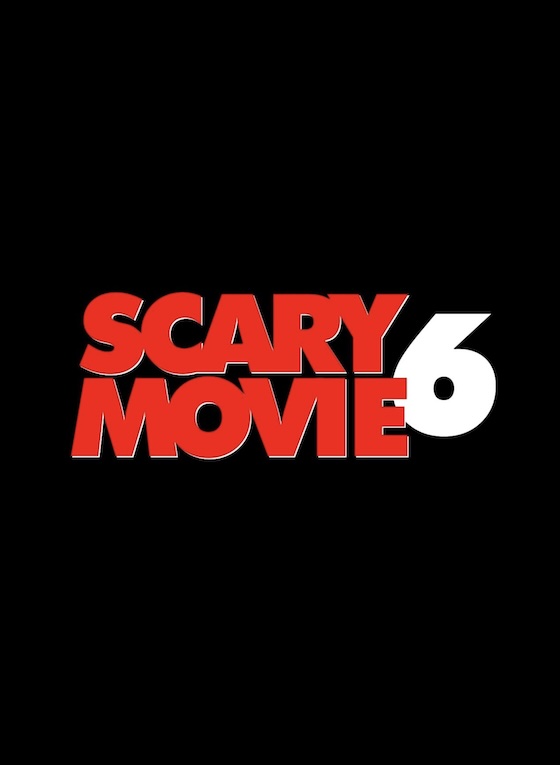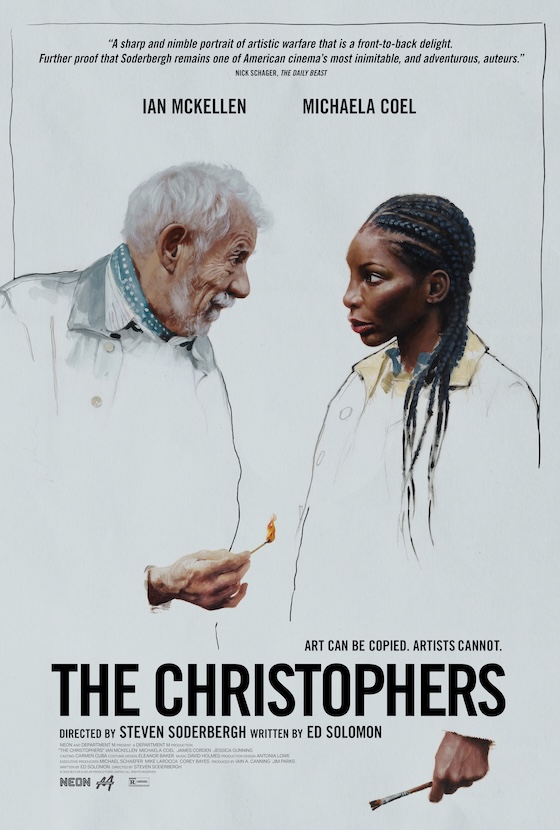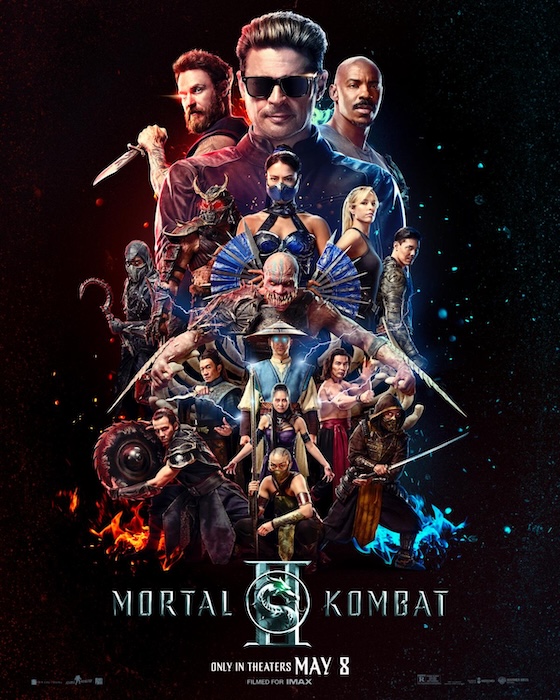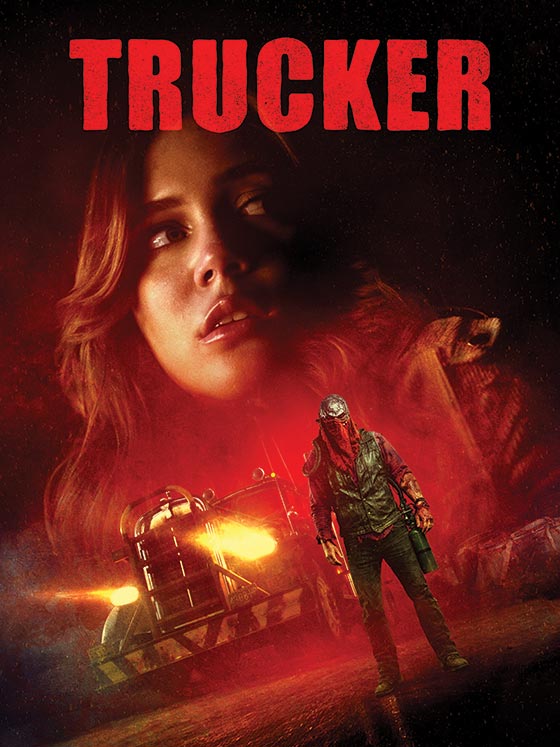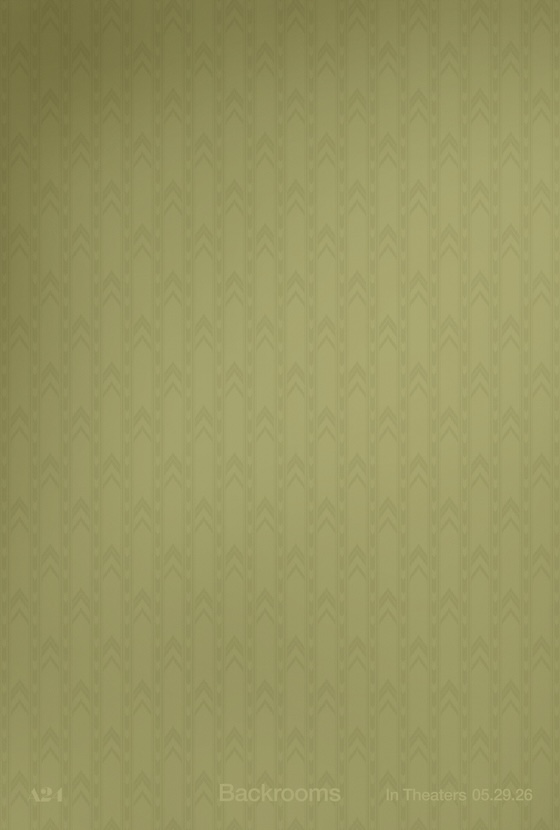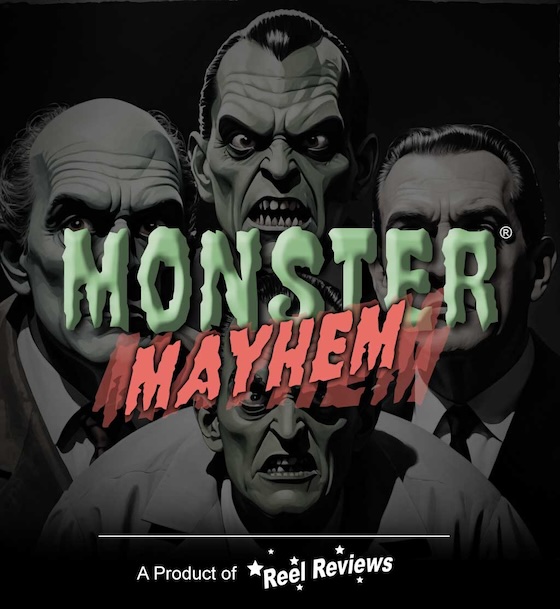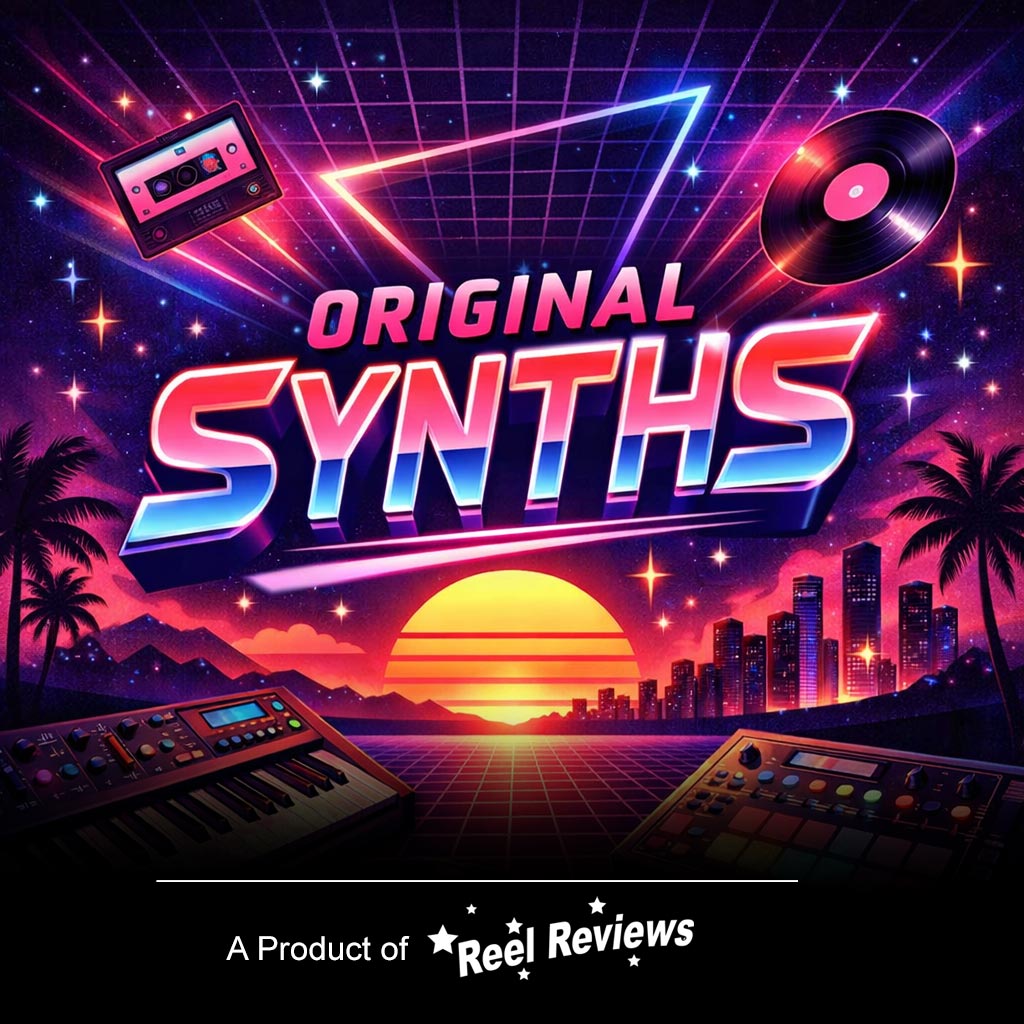{googleAds}
<div style="float:left">
<script type="text/javascript"><!--
google_ad_client = "pub-9764823118029583";
/* 125x125, created 12/10/07 */
google_ad_slot = "8167036710";
google_ad_width = 125;
google_ad_height = 125;
//-->
</script>
<script type="text/javascript"
src="http://pagead2.googlesyndication.com/pagead/show_ads.js">
</script></div>{/googleAds}The word on the street is that Shyamalan has created a rift in the space-time continuum with his latest work, possibly causing universe-wide death and destruction (or unheralded peace, who knows?). But more importantly, people are conflicted about it. Is this another step up for the young director whose fame revolves around twist endings and unnoticed plot details that roar triumphantly at the climax, or has he become a victim of his own press? The question for most people after leaving the theatre will be, "Is this good stuff or should I ask for a refund?"
Shyamalan builds tension so well here, it is hard to find fault with the somewhat predictable ending. He fills the frame with focused intent, bringing to bear the incredible isolation of the 18th/19th century village. Sequestered in a clearing surrounded by menacing woods that hold strange creatures, the villagers lead a bucolic and simple life, filled with open community meals and meetings. Yet their existence is parallel to their truce with the creatures. Uneasy and fettered with fear, the villagers keep careful watch on the borders to ensure their safety.
Lucius Hunt (Joaquin Phoenix) is a strange young man whose fearlessness and boldness is as strange to his mother, played by Sigourney Weaver, as it is attractive to the blind Ivy Walker (Bryce Dallas Howard). She says she can see faint colors that certain people emanate, but won't tell Lucius what color he is. Her father, Edward Walker (William Hurt), is the head of the village, a grave and sensitive man who leads a conclave of Elders who all seem to hold dark secrets that remind them of why they fled the towns and cities of wickedness in the outside world. An addled Adrien Brody plays Noah Percy, the village's mentally deficient man-child.
The truce with the creatures of the woods is partnered with a fear of the "bad color", since it attracts the creatures. The villagers are kept safe with the color yellow, protecting their borders with yellow strips of paint, yellow flags, and most importantly, their yellow capes and cloaks that they wear whenever venturing close to the border of the woods.
Before long, the disturbances begin: dogs and livestock stripped of fur and skin, left lying in the open; sightings of the creatures venturing into the village itself; the red marks of blood on the doors. Shyamalan masterfully paces the tension, building up his repertoire of creepy framing and shots that invoke chills of fear. The Village is, by far, his most moody piece. Helping out here is veteran cinematographer Roger Deakins, the Coen Brothers cohort and master of period mood lighting. Their combined visual style is as chilly and frightening as any film I've seen in a while.
Shyamalan's careful deliberation and detailed plotting in the first two acts seem to peter out into a predictable and somewhat improbable solution - it isn't so much a twist ending as it is a finish that is both understated, somewhat contrived, and bizarre - a twist upon Shyamalan's patented twist.
That is not to say the ending doesn't work - it does, in a limited fashion. And the themes that he builds: love's nature, and how it is able to both create creatures and protect the village from them; leadership, and seeing past the skin of someone to see their heart; the hope for idealism and innocence - these fit well within the ultimate conclusion of The Village. But does it work? Does it convince viewers? Has Shyamalan produced a satisfying work of cinema?
The short answer is yes. The long answer requires careful reading of the film, denying personal instincts to want something even more unrealistic, and looking to see how Shyamalan utilizes fear to provoke more important questions about us and our world. He presents a group of people who have walled themselves off from the world to escape its darkness. Perhaps this idea is closer to our hearts than we suspect or imagine.
For what it is worth, The Village is a thoughtful, provocative, yet somewhat unsatisfying film that proves M. Night Shyamalan is an effective filmmaker and ambitious storyteller who succeeds in scaring, but falters a bit with The Village's conclusions. Looking for the Big Twist will only leave you wanting more.
DVD Details:
Screen formats: Widescreen 1.85:1
Subtitles: Spanish, French; Closed Captioned
Language and Sound: English: Dolby Digital 2.0 Stereo
Other Features: Color; interactive menus; scene access; deleted scenes; making-of featurette; photo gallery; featurette.
* Featurettes:
o Bryce's Diary
o M. Night's Home Movie
o Deconstructing The Village:
+ Shooting the Village
+ Casting
+ Boot Camp
+ Editing and Sound
+ The Village
+ Whose We Don's Speak Of
* Deleted Scenes:
o The Drill
o August's Story
o Pre-wedding
o Pipes
* Trailers:
o The Hitchhiker's Guide to the Galaxy
o Ladder 49
o Mr. 3000
o National Treasure
* Photo Gallery
o 38 behind-the-scenes still shots
Number of discs: 1
Packaging: Keepcase
{pgomakase}

